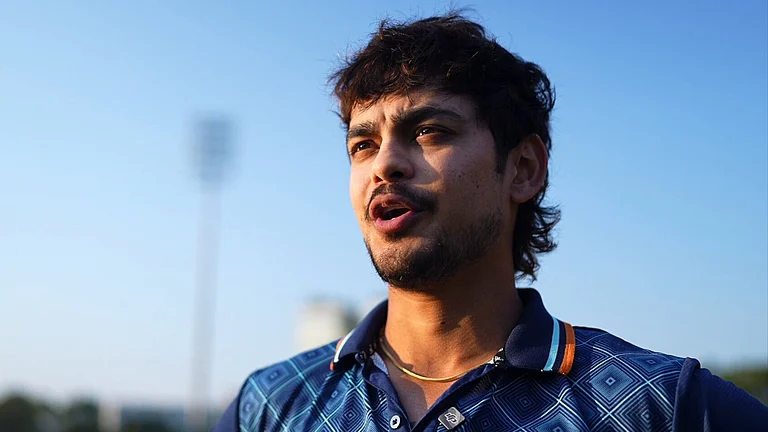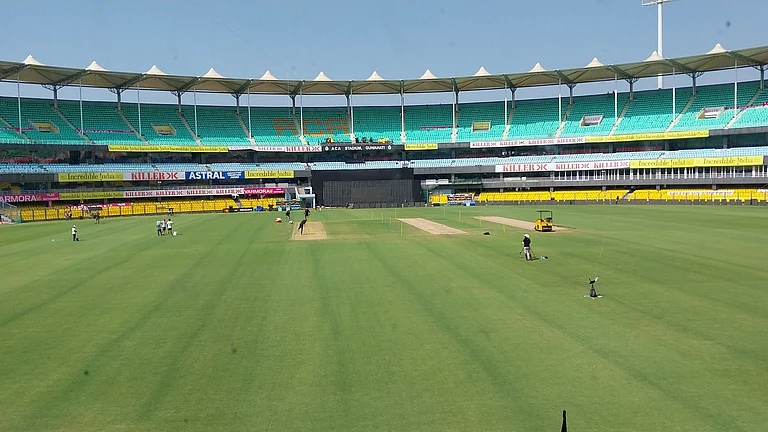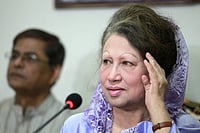THE final draft of the CTBT will be submitted to the United Nations Committee on Disarmament in Geneva on or about June 28 for endorsement. Ironically it is Pakistan's Permanent Representative to UN offices in Geneva, Munir Akram, who will be presiding over this session of the Conference on Disarmament. "Ironically", because he represents a country which has repeatedly articulated an assertive nuclear weaponisation stance. On all counts, the Treaty will be endorsed by CD and remitted to the Secretary General of the United Nations for completing procedures of Member States of the United Nations signing this agreement.
What are India's options? (1) India could sign the treaty despite its reservations and be part of international mainstream orientation of non-proliferation. (2) India could attempt blocking the treaty by objecting to a consensus being declared on the draft in the final sessions of the CD considering the draft. (3) India could refuse to sign the treaty but not block its adoption and implementation. (4) India could withdraw from the negotiations on the treaty straightaway, while reiterating its commitment to a comprehensive test ban and explaining reasons for abstaining from taking on obligations of this agreement.
The first option is and should be clearly ruled out because participating in a discriminatory test ban arrangement will affect our national security and defence capability adversely, especially in the context of the nuclear strategic environment around India.
Exercising the second option may sound logical but it would be purposeless because procedurally the finalised draft can be taken note of by the United Nations Security Council and the General Assembly and these important bodies can ensure the convening of a signing conference for bringing the treaty into operation. The political cost of being isolated by exercising the second option is not worth it.
The third option also has the same implications as the second. If we continue participating in the negotiations on the CTBT right till the end and if at the last moment we refuse to sign it, this will generate avoidable resentment and also sharper reactions in terms of sanctions against India.
In the circumstances, our approach should be to exercise the fourth option. We must pull back from the negotiations on the CTBT immediately; we must announce in the Conference on Disarmament that we will not be a party to this agreement because despite our commitment to a comprehensive test ban and despite our having mentioned a number of legitimate concerns of a large number of countries, the final draft of the agreement ignores all these concerns on the vital issues affecting non-proliferation. We must indicate that we continue to remain committed to a comprehensive test ban as an interim step towards complete, non-discriminatory nuclear disarmament within a defined time-frame.
Simultaneously, we must ensure that our nuclear manpower and technological capacities are maintained and nurtured to meet our national security requirements in nuclear strategic terms. We must sustain our capacity to exercise the nuclear option for national security purposes.


























